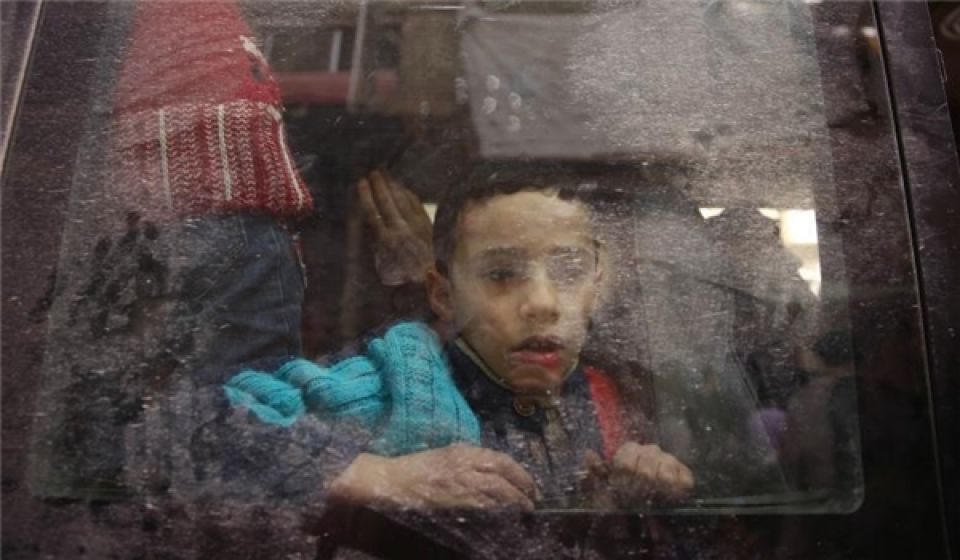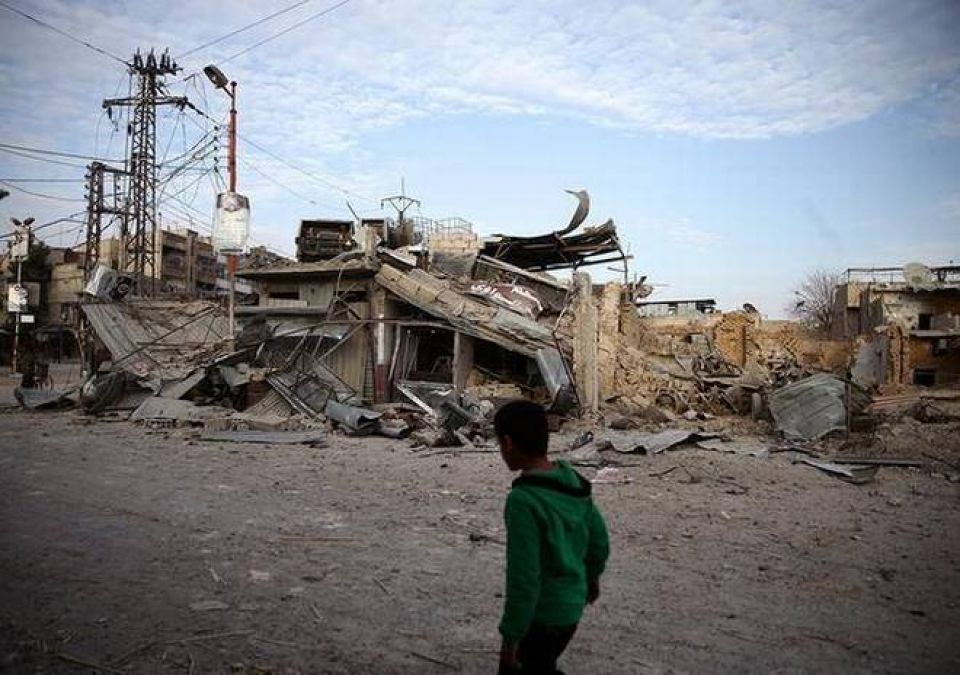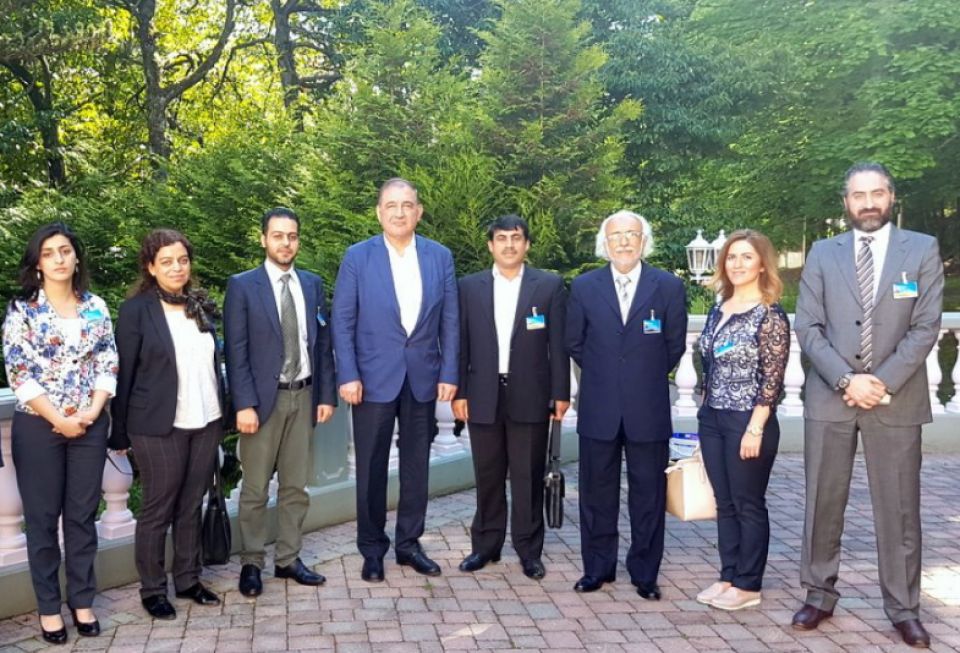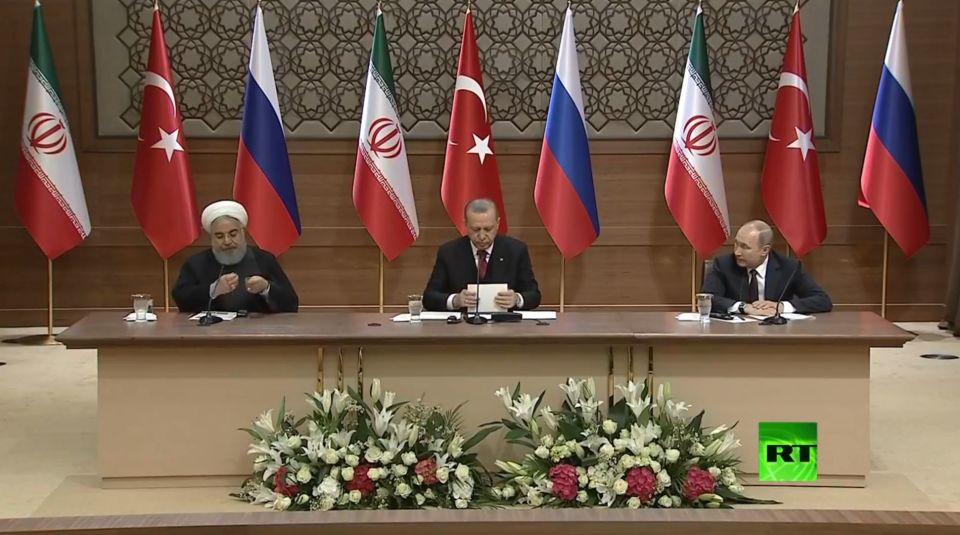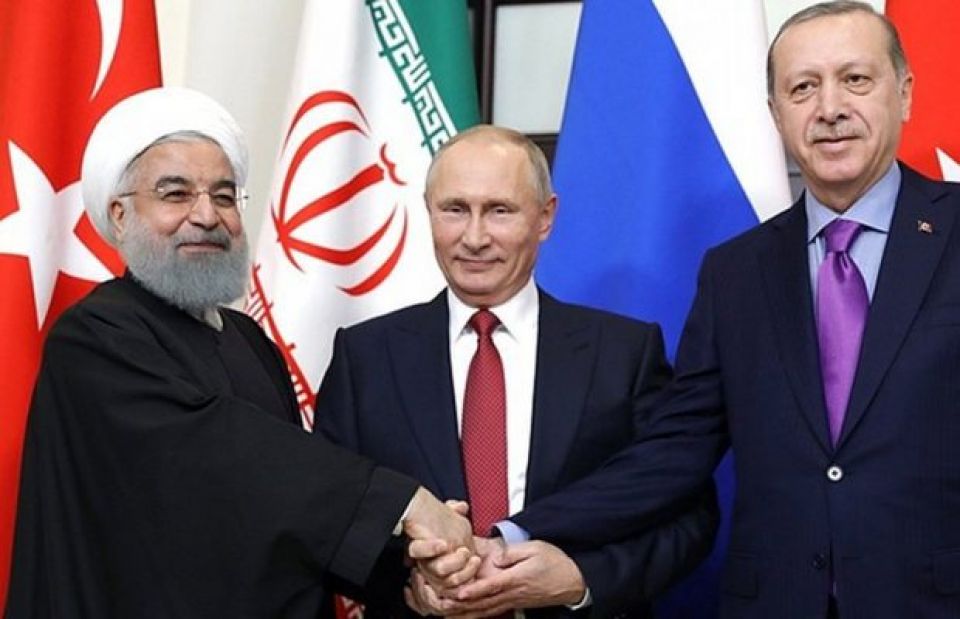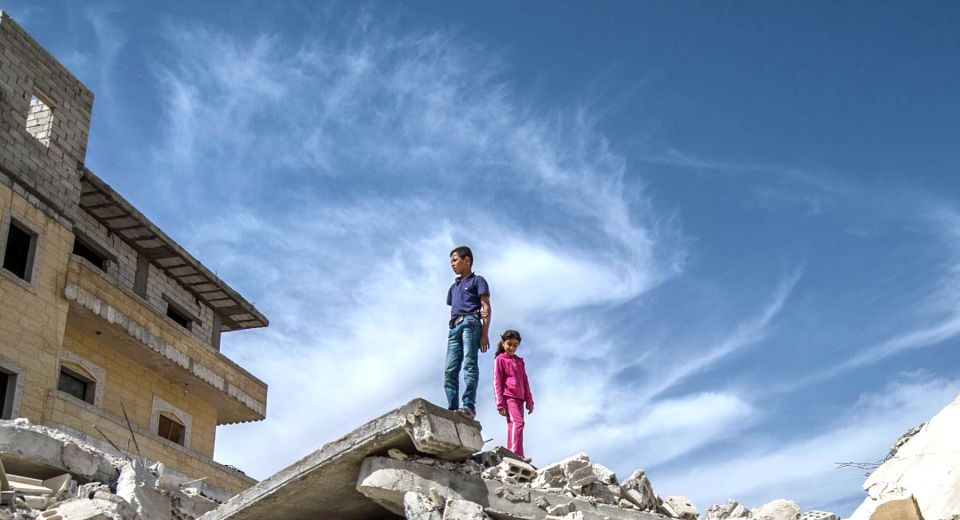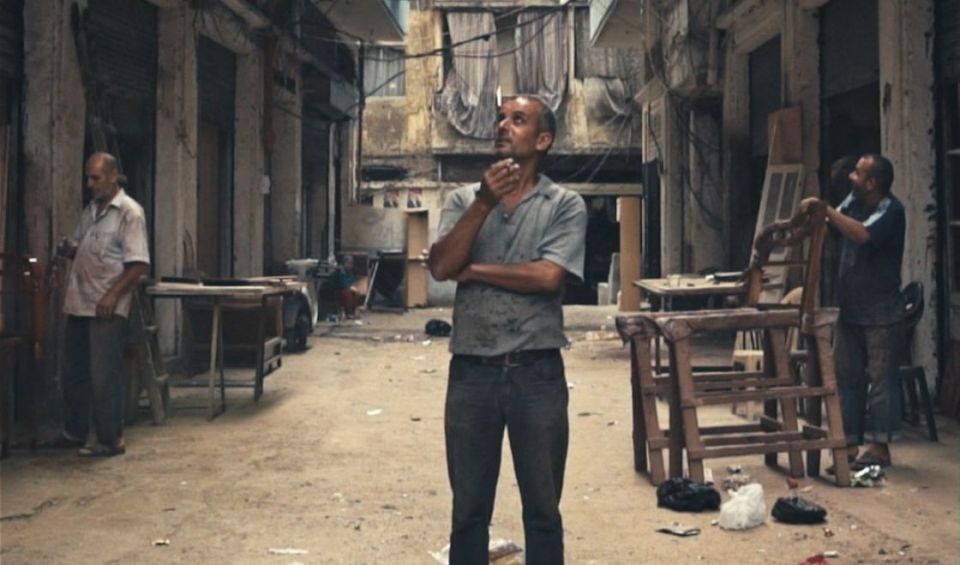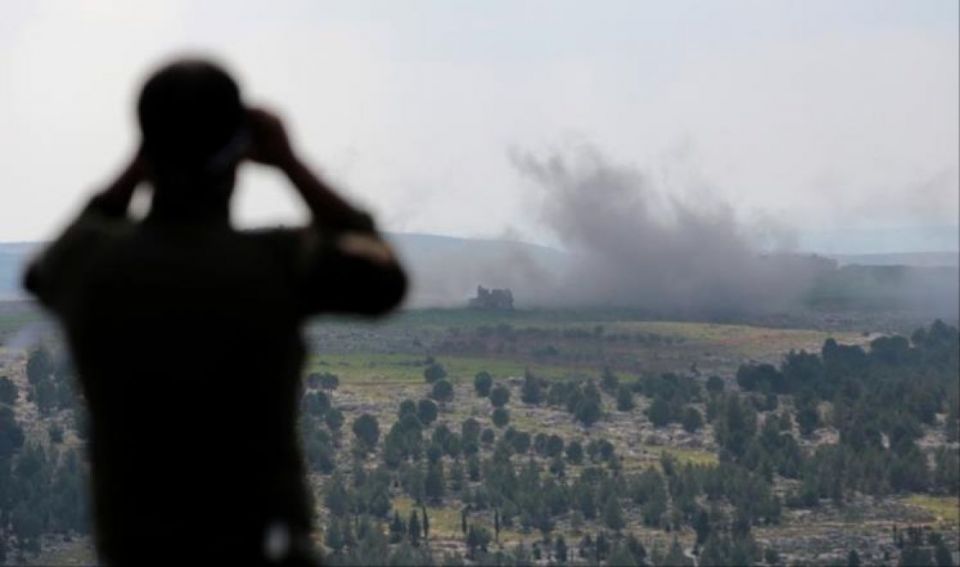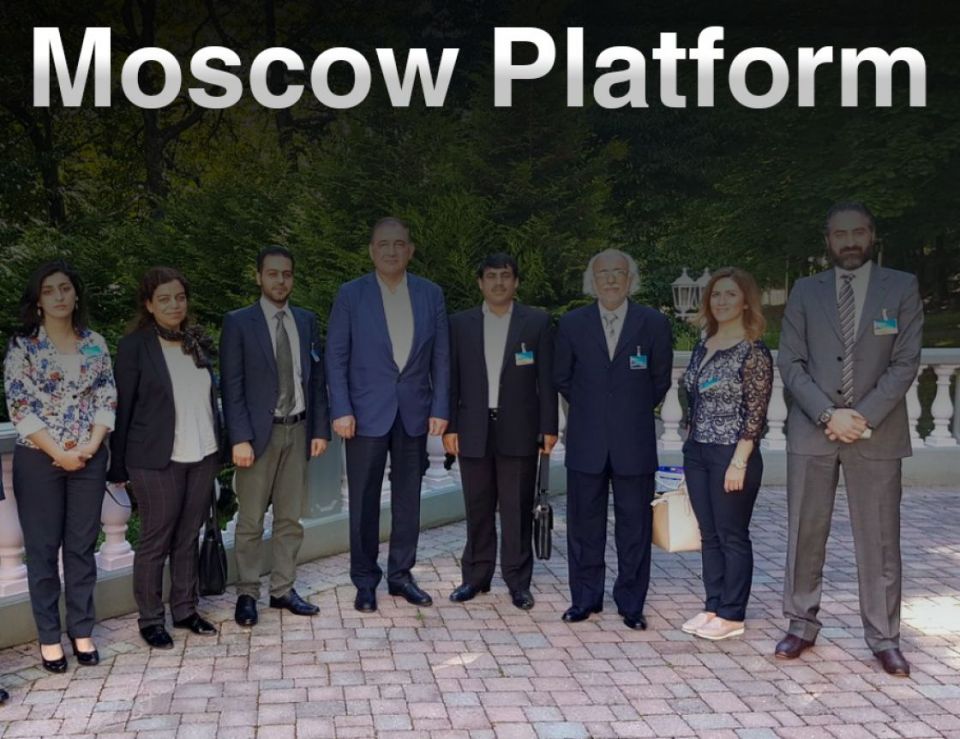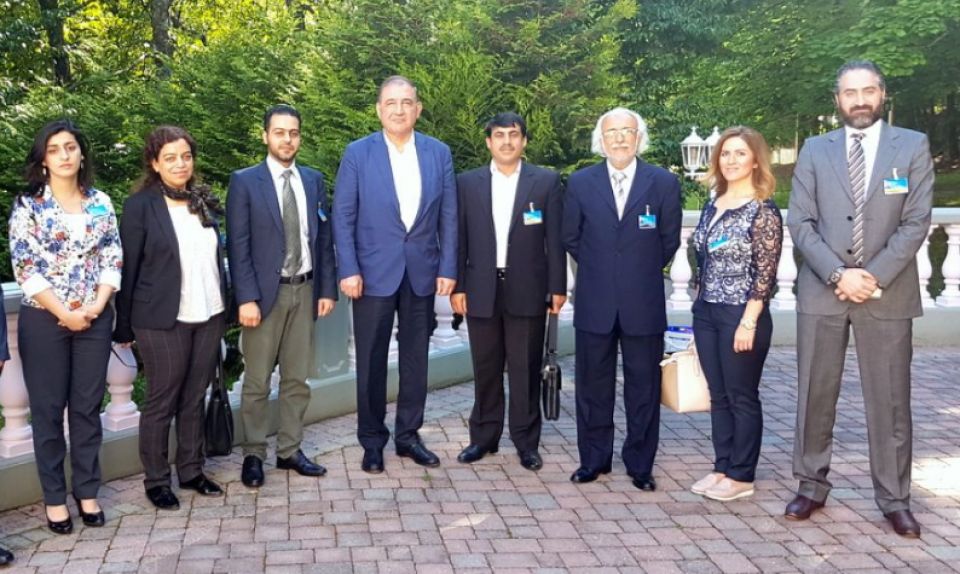
kassioun
email This email address is being protected from spambots. You need JavaScript enabled to view it.
On Sunday morning, the world woke up to a new propaganda campaign on the use of chemical weapons, after the problem of Al-Gouta was nearing an end, after restoration of large areas back to the authority of the Syrian state. At the time the negotiations were continuing on completing the process to include the city of Duma under an agreement Sponsored by the Russian party.
Recent events related to the Eastern Gouta indicate that the complexity of the situation and the obstruction of the solution that has been on the horizon for some days, have been aimed at reaching the current situation today, that is, the stirring up of the issue of Chemical attacks again, up to Western escalation in general, and specifically the US threats of executing a direct military strike under the pretext of protecting civilians, aiming at extending the crisis and attrition for extra time.
A few hours ago, a statement was issued by the Media Office of the Syrian Negotiation Commission which "condemns the chemical attack" and demands that "the Syrian issue be presented outside the Security Council".
After Moscow Platform read the Joint Statement on the results of today's Ankara trilateral meeting of the heads of states of Russia, Turkey, and Iran, including its emphasis on the UNSC Resolution 2254 as the basis for the political solution in Syria, to ensure unity of Syria, its territorial sovereignty, the right of its people to self-determination, stressing on the Astana process and its important results, the need to quickly implement the results of the Syrian National Dialogue Conference in Sochi, especially with regard to the formation of the Constitutional Committee in cooperation with the United Nations, as well as the emphasis on the need to complete the fight against terrorism and complete the comprehensive cease-fire in Syria,
The full text of the joint statement, which was signed by Dr Hassan Rouhani, Vladimir Putin and Recep Tayyip Erdoğan on Wednesday in Ankara is as follows:
The gradual US retreat became evident, tangible, and outside of debate, and more importantly, it became steady, continuous, and obligatory irreplaceable trend.
The threat to Syria's unity began with the beginning of the armed conflict in the country on the basis of the "Quell vs. Overthrow" duality.
The war forces in the US administration are again threatening to resort to the military option and direct intervention in Syria, in parallel with a wide propaganda campaign alternated by Western and Arab media, to convince public opinion of the legitimacy of this option, under the pretext of protecting civilians.
The Syrian Negotiation Commission issued, this evening, a new political statement on the eastern Ghouta. In this regard, we clarify the following:
Monday, 12 March, Mr. Hadi Al-Bahra, a member of the Syrian Negotiation Commission, delivered a speech outside the session of the UN Security Council, in an informal meeting called by members of the Council in accordance with what is known as "Arria-formula".


